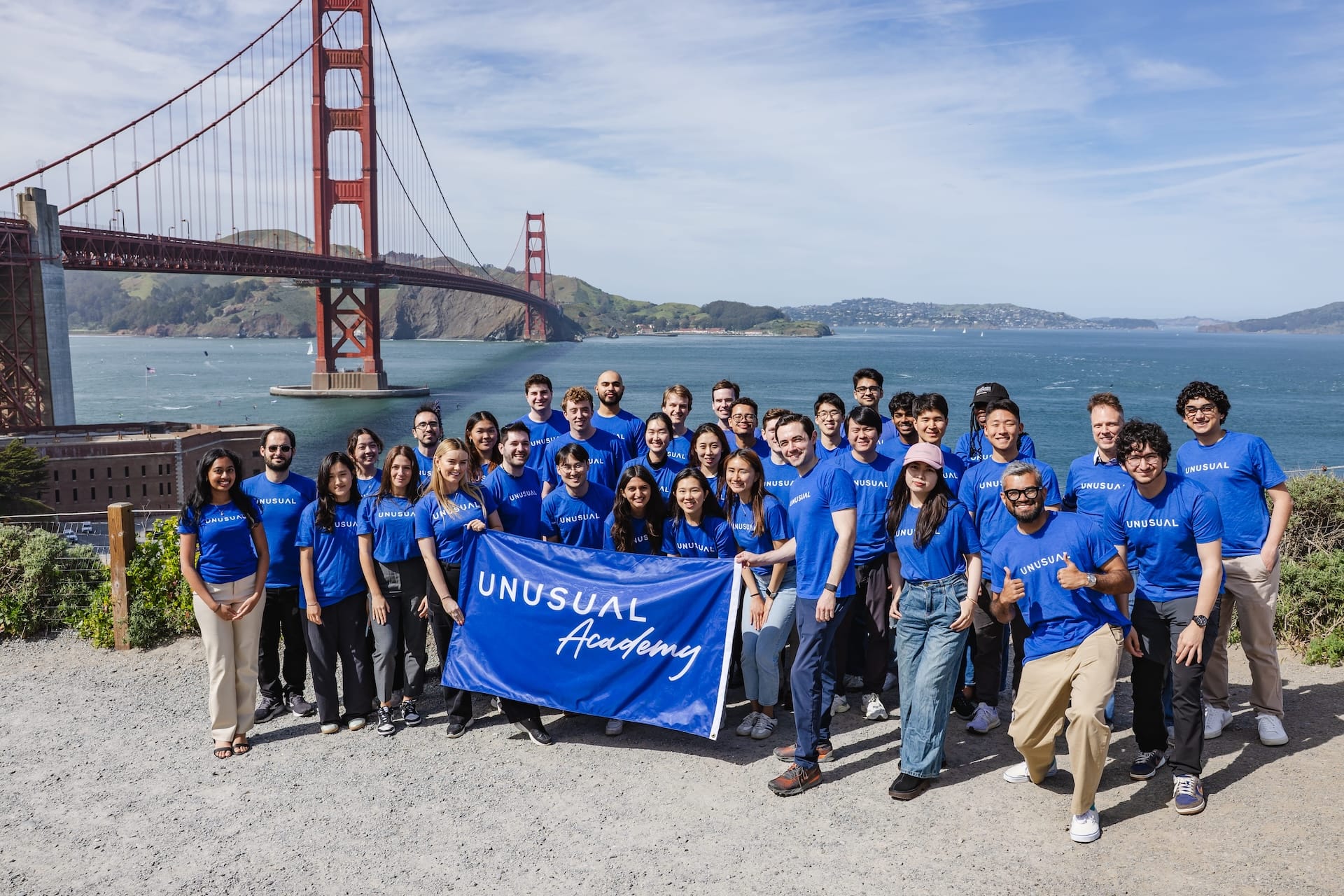We are at the two-year anniversary of GPT-3's release in November 2024. AI's competitive landscape is evolving fast. At Unusual Ventures, we are focused on building and backing companies with strong founder-market fit, clever GTM strategies and sustainable product depth in growing markets.
Here are some insights based on our experience of investing in AI companies over the past few years.
Unlocking growth beats cost savings
AI startups that enable users to unlock new revenue or growth opportunities that previously were unachievable without AI are seeing the most growth and stickiness. Customers are far more eager to adopt these platforms compared to those promising cost savings or automation, which often feel too vague.
Product depth wins over breadth
Many growth-stage AI companies are raising flashy rounds and showing exponential growth, but significant churn is happening to some of these companies with their top customers. Why? They focus on rolling out features to drive growth that investors like to see instead of building deeper, indispensable solutions into the workflows of their users. Customers will try their product to learn more about it, but then churn.
Balance between niche focus and market size
Founders must target problems big enough to be worth solving in large markets, but niche enough that large language models won't or can't choose to compete there. Beware becoming an AI feature company that will become commoditized within months.
Technical moats are at an all-time low
The AI application layer is saturated with copycats since technical moats are low. When the market is saturated with these companies, it's tempting to want to join, partner, or invest in the fastest growing company. While this is true in certain instances, others are seeing a temporary spike in growth that will be commoditized away in the future.
Strong founder/market fit drives effective product depth
Founders with strong founder/market fit will build products they wish existed when they were exposed to a specific problem. While initial growth may be slower, these teams often possess sharper product insights and unique or clever GTM strategies. The risk? Slow execution to build the 'perfect' product invites competitors to replicate their ideas and win the market.
Lorem ipsum dolor sit amet, consectetur adipiscing elit. Suspendisse varius enim in eros elementum tristique. Duis cursus, mi quis viverra ornare, eros dolor interdum nulla, ut commodo diam libero vitae erat. Aenean faucibus nibh et justo cursus id rutrum lorem imperdiet. Nunc ut sem vitae risus tristique posuere.








.png)


